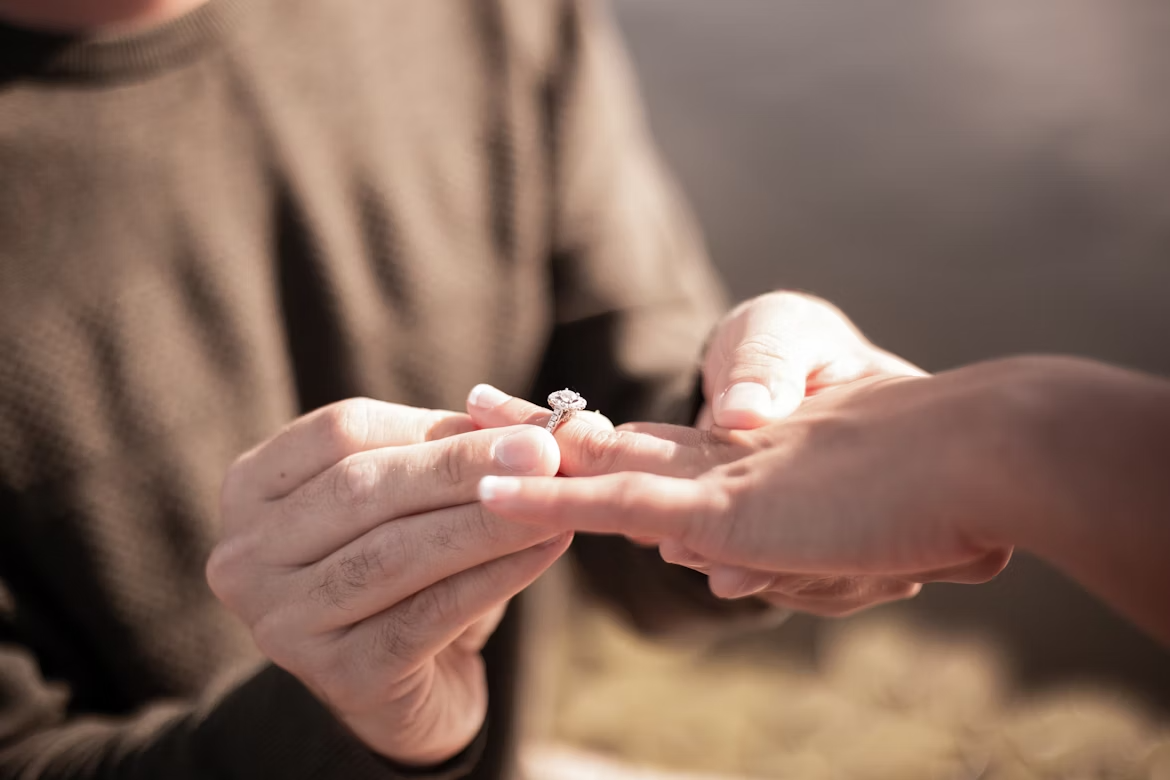
Who Keeps the Engagement Ring if the Wedding Is Cancelled in British Columbia?
Getting engaged is often one of the most memorable moments in a couple’s life. The engagement ring represents love, commitment, and the promise of a future together. But what happens when “I do” turns into “I do not”? When an engagement ends before the wedding takes place, questions often arise about who keeps the ring.
In British Columbia, ownership of the engagement ring depends on several legal factors, including whether the ring was given as an absolute gift, a conditional gift, post marriage or whether it is considered family property. Understanding how these distinctions work can help clarify your rights if a marriage does not go ahead.
1. When an Engagement Ring Is an Unconditional (Absolute) Gift
An engagement ring may be considered an absolute or unconditional gift. This means it was given freely without any expectation or condition attached. If the giver clearly intended the ring to be an outright gift, the recipient is usually entitled to keep it even if the marriage never happens. Evidence such as words, actions, or the surrounding circumstances at the time the ring was given can help determine the giver’s intent, and a cohabitation or marriage agreement can provide even greater clarity by explicitly addressing who keeps the ring if the relationship ends.
2. When the Ring Is a Conditional Gift Based on Marriage
In many cases, an engagement ring is seen as a conditional gift, meaning it is given in anticipation of marriage. The condition attached is that the marriage must take place. If the engagement is broken off before the wedding, the condition has not been met, and the ring may have to be returned to the person who gave it. Courts often look closely at who ended the engagement and why, but the general rule is that if the marriage does not occur, the ring may revert to the giver.
3. What Happens to the Ring After the Wedding Takes Place
Once the couple marries, the condition attached to the engagement ring is fulfilled. The ring is then considered a premarital gift and becomes the personal property of the recipient. If the couple later separates, the engagement ring is typically excluded from family property division, since it was given before the marriage and not used for a shared family purpose.
4. When the Engagement Ring Becomes Family Property
If the engagement ring was purchased during the marriage or during a common law relationship, it may be treated as family property. In that case, it could be subject to equal division between the spouses if the relationship ends. The Family Law Act in British Columbia generally excludes gifts from third parties but does not exclude gifts exchanged between spouses. This means jewelry given during the marriage, including engagement rings, could be divided depending on when and how it was acquired.
Know Your Legal Rights if an Engagement Ends
While an engagement ring symbolizes love and commitment, it can also become a source of legal uncertainty when a relationship ends. Determining who owns the ring depends on the intention behind the gift, the timing of the relationship, and whether a marriage actually occurred.
If you find yourself facing questions about property or gifts after a broken engagement, it is important to understand your legal rights. Speaking with our family law lawyers can help you navigate these complex issues and ensure that your interests are protected.
Photo credit: Unsplash – Andre Jackson